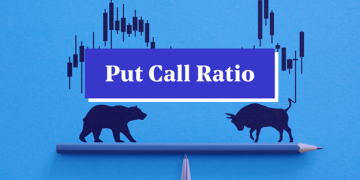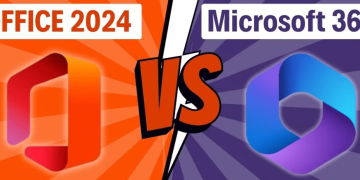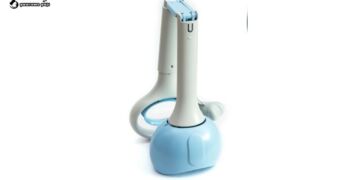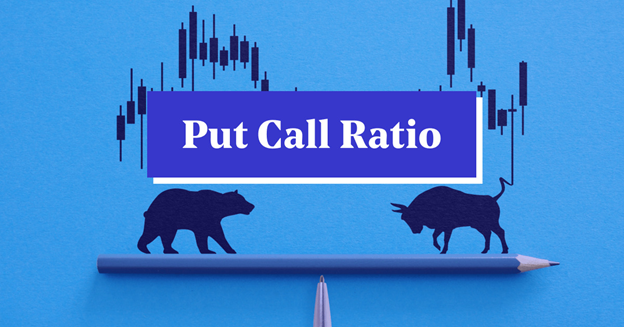For centuries, market sentiment has been a foundation for understanding investors’ behavior and for predicting the course of the stock market. Analysts and traders attempt to ascertain the market mood using various measures and tools, one of which is the Put-Call Ratio or PCR Ratio. It therefore remains an important tool by which one can basically weigh the market sentiment or confidence of an investor, more so when used in conjunction with some secondary indices like the Market Mood Index.
This article will explore the Put-Call Ratio; how it works and its importance in the analysis of market sentiments. The complementary Market Mood Index will also be touched upon, which, together with the PCR Ratio, paints a more lucid picture of the current market scenics.
What is PCR Ratio?
The PCR Ratio is a market indicator of volumes of put and call options, or open interest, in a particular market.
In other words, a put option lets an investor sell a security at a specified price, while a call option lets one buy it. Thus, they stand for bearish and bullish sentiments respectively.
The put-call ratio is:
PCR = Volume of Puts ÷ Volume of Calls
Usually open interests are also accepted:
PCR = Open Interest of Put Options ÷ Open Interest of Call Options
If used the right way, this ratio can provide strong indications of investor sentiment and market movement.
Interpreting PCR Ratio
PCR ratio shows if market participants are reacting bearish or bullish.
- PCR Ratio greater than 1: Bearish sentiment prevails since puts are bought more.
- PCR Ratio less than 1: It points to bullish sentiments. Calls are being traded in higher proportions.
- PCR Ratio equal to 1: The market shows a neutral sentiment from equal activity in puts and calls.
At extreme levels, it can also suggest positions by contrarians. A measure with a very high value may signify panic selling and through recovery, whereas an extremely low one can mean over-optimism just before correction.
Role of PCR Ratio in Market Sentiment Analysis
The PCR Ratio is foundational to market sentiment analysis, allowing traders and analysts to anticipate trends and endure phases of high volatility.
Investor Psychology Reflection
The put-heavy activity instills fear and bearish sentiment for it reflects the nervousness of investors on any matter related to economic sustenance, earnings, or world events.
Trend Identification
An increase in PCR could signal worsening sentiment, whereas a decrease in PCR cues more optimism.
Contrarian Indicator
Extreme values of PCR usually come before reversals: panic selling at high PCR may lead to recovery, whereas overconfidence witnessed in low PCRs may catalyze corrections.
Supporting Other Tools
The Market Mood Index further strengthens PCR analysis by situationally intermixing trading data along with broader sentiment indicators.
What is the Market Mood Index?
The Market Mood Index is a secondary measure meant to support the PCR Ratio in sentiment analysis. Contrary to PCR Ratio, which is based solely on options activity, the Market Mood Index looks at various indexes including indicators of trading volumes, news sentiment, and economic data.
For example, PCR Ratio might point to bearish activity because of heavy put selling, while the Market Mood Index would shine optimism from strong earnings reports or positive economic trends. It is better to use both lest one is misled by false signals.
How PCR Ratio Enhances Investment Strategies
A great way to enhance investment strategies is to incorporate PCR Ratio, thereby helping a trader to make better decisions.
- Risk Management: If PCR shows a bearish stance, then traders can hedge with puts or else reduce exposure to highly volatile stocks.
- Timing Market Entries: An unusually high PCR often signals potential market bottoms-the very nice place to buy at opportunity.
- Other Indicators’ Validation: As it is, bullish chart patterns confirmed by a low PCR give credence to upward movement.
Limitations of PCR Ratio
Some practical limitations of the PCR Ratio exist. It does not completely account for events like geopolitical risks, news related to individual companies, or general macroeconomic conditions, to name a few. The PCR Ratio tends to be much more appropriate to options markets than it is to all other classes of assets.
For this reason, one should try to cover both perspectives by having it coupled with the Market Mood Index or some kind of technical analysis.
Conclusion
The PCR Ratio is an important function in the context of analysis of market sentiments, giving an idea about the mood of the investor and assisting a trader in anticipating potential market directions. In unison with the Market Mood Index, it opens up an avenue for understanding market psychology at a much deeper level.
While the PCR Ratio is significant, it has its limitations, which must be considered, and other indicators of sentiment and technical ones must be used in conjunction with it. The real power of the PCR Ratio is in the method in which it may be leveraged for formulating profitable trading strategies in today’s fast-moving markets.

















































